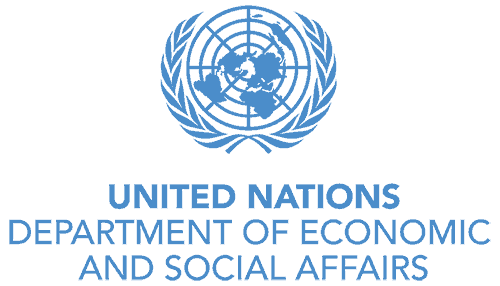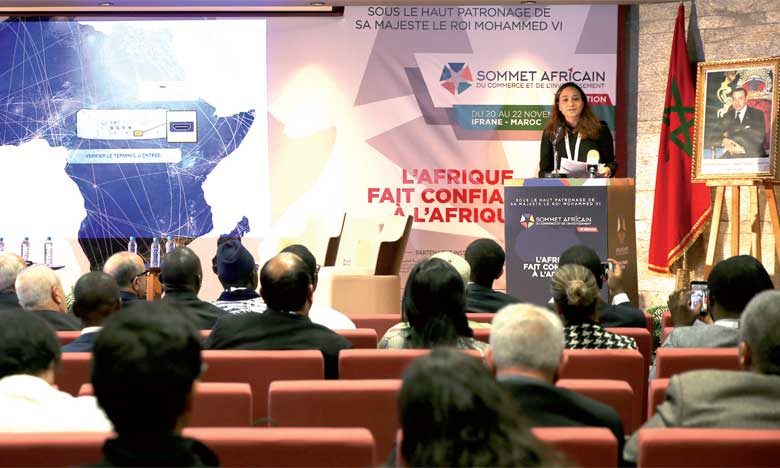A new United Nations report has unveiled a troubling trend in global unemployment, with African nations bearing a disproportionate burden of job losses between 2018 and 2023. Eight African countries rank among the world’s 22 nations experiencing the most severe unemployment increases, according to the World Social Report 2024.
The findings, released by the UN Department of Economic and Social Affairs, paint a stark picture of diverging global recovery patterns. Rwanda and South Africa lead the continent’s job crisis, each recording a staggering 4.2 percentage point increase in unemployment rates. Botswana follows closely behind with a 4-point surge, while Sudan has seen a 3.5-point increase.
“Labor markets recovered faster than expected in developed countries, but deficits persisted in developing countries,” the report states, highlighting a growing economic divide between nations.
The parallel impact on economically diverse nations – such as Rwanda, a low-income country, and South Africa, an upper-middle-income economy – underscores the crisis’s reach across economic boundaries.
Global Context and Contributing Factors
The global scope of the crisis is evident in other regions as well. Similar patterns of rising unemployment have emerged in Asia, with Afghanistan matching Rwanda’s 4.2-point increase. The Middle East, Latin America, and parts of Europe have also recorded significant increases, though generally less severe than their African counterparts.
UN Under-Secretary-General Li Junhua points to multiple factors driving this trend. “Unforeseen risk factors, such as ‘higher for longer’ inflation and interest rates in developed economies, have deteriorated prospects worldwide, particularly for the poor and vulnerable,” he explains.
Perfect Storm of Challenges
The report identifies several concurrent crises driving these unemployment trends, namel COVID-19 pandemic’s lingering effects; geopolitical tensions, including the Ukraine war; increasingly frequent climate-related disasters; rising global inflation; higher interest rates; and shrinking fiscal space and mounting debt crises.
Social Impact and Protection Gaps
The situation is particularly dire given the limited social safety nets in affected countries. The UN reports that a staggering 4 billion people worldwide lack any form of social protection, with African nations particularly underserved. This protection gap threatens to exacerbate existing inequalities and potentially trigger broader social instability.
Youth unemployment remains a particular concern, as limited job opportunities for young people could fuel social tensions and political instability. The situation is further complicated by governments’ limited ability to implement effective recovery measures.
Looking Ahead
The concentration of African nations among the most affected countries highlights the urgent need for targeted intervention and support. While some countries have attempted to implement emergency measures, these efforts have proven insufficient against the scale of the challenge.
The data suggests a worrying trend of widening global inequality, with developing nations – particularly in Africa – struggling to maintain previous social and economic gains in an increasingly volatile international environment.
As the global community grapples with these challenges, the report underscores the critical need for coordinated international action to address not just unemployment, but the broader spectrum of social and economic vulnerabilities exposed by recent global crises.



